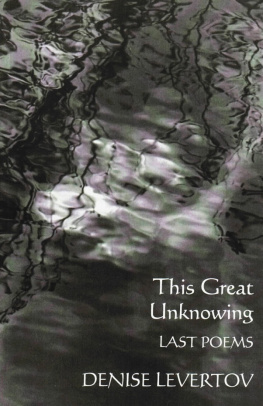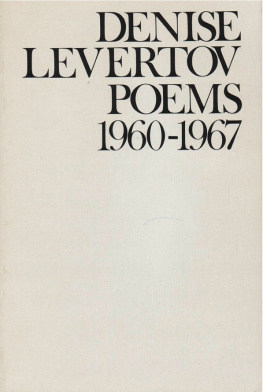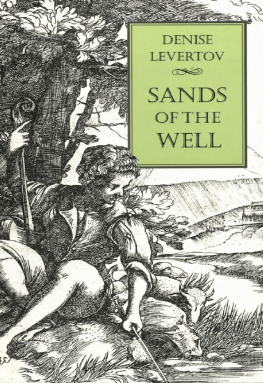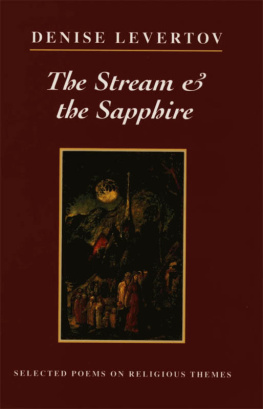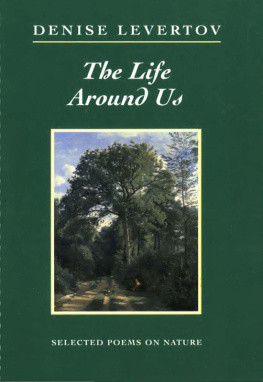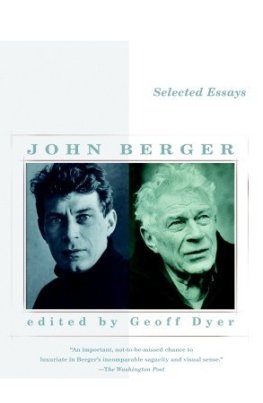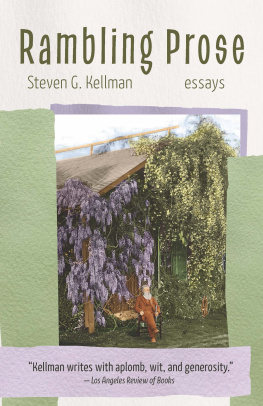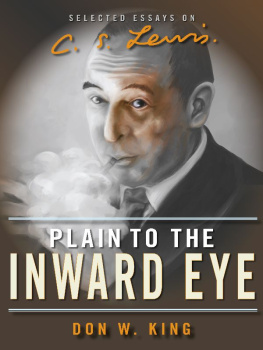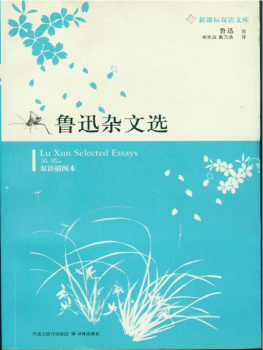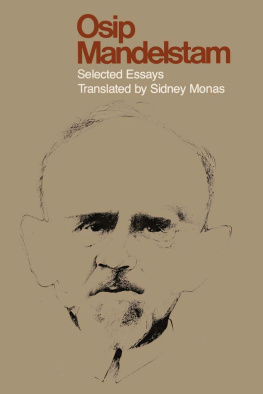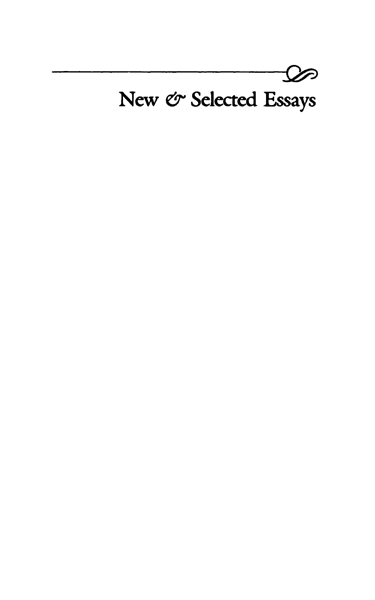


Some Affinities of Content
(1991)
I N THE FALL OF 1990, I realized that my own preferred reading in current poetry as the last decade of the century began was of two kinds: a certain kind of poem about the world of nature written predominantly by poets of the Pacific Northwest, and poems of various provenance that were concerned more or less with matters of religious faith. And as I thought about them, I realized that there was a similarity of direction in these two kinds of poem, though their manner of approach differed. I recognized that I felt a personal affinity with both, which stemmed from a shared preoccupation with that direction; and I was reminded of a Hans Christian Andersen story I had always loved, called The Bell, which tells how a beggar-boy and a prince, taking different paths through the forest in quest of the place from which a mysterious and beautiful bell could be heard ringing, emerged at last, at the same moment, at the shore of a remote lake beside which stood the chapel and its golden-voiced bell.
There were, of course, many other kinds of poem which interested me too, but these two predominated; and my sense of affinity with them and of their parallel movement was not one of formal structure but of content or concern. I note a difference here which may be familiar to others of my age, in that what drew me to the work of various poets when I was in my twenties and thirties was often the shape of their poems, their diction, their rhythmic organization, whether or not I cared deeply, or understood, what they were saying. We have long assumed that it is an aesthetic truism to assert the indivisibility of form and contentbut there is a certain amount of hypocrisy in the statement, after all. Perhaps it needs to be reformulated, to say that although inadequate formal expression always diminishes or distorts content, yet form itself can be perceived, admired, and experienced as pleasure or stimulus even when the readers attention is not held by content. Thus, while content cannot be fully apprehended without a fusion with form equal to its task, form can be apprehended and absorbed in and of itself. The assertion of indivisibility does not cover this contingency. At all events, I as a younger poet was often drawn primarily to the structure or technique of poems I read, and paid less attention to what was being said; whereas the older I grow the more I find myself concerned with content, and drawn towards poems that articulate some of my own interests. This primary importance given to what doesnt imply a loss of interest in how; if a poem strikes me as banal, trite, flabby, pretentious or in any other respect badly written, Im unlikely to read further no matter what its subject matter. But the poems to which I look for nourishment and stimulus are more and more those with which I feel an affinity that is not necessarily stylistic at all.
What then are these thematic affinities? And how do they differ from the thematic tendencies of the poems that most interested me when I was younger, before I came to America and became, for a while, more interested in form than content? When I think of the poets among whom my own work first appeared, the English poets of the phase Kenneth Rexroth anthologized in 1948 as The New Romantics, I would say that their appeal to me and to others was chiefly on an emotional level: they tended to convey, with varying degrees of musicality and through evocative but not very precise images, a certain rather narrow range of emotional moods. The poets with whom I was soon associated after I came to America (and who came to be known as the Black Mountain Schoolthough I myself was never at Black Mountain in my lifeand who were strongly influenced by Williams and Pound and by the Objectivists) were, however, a great deal more concerned with language itself, with formal concepts, and with history, than the English poets of the 40s. In Williams, likewise, who was for me the primary influence on my own development at that time, I found those formal concerns, along with that more than descriptive, that evocative sense of how things are which can be so keenly felt in his work. Transcending the merely documentary, that sense conveys a strong flavor or aroma of Williams values, his love for a tenacious life-force, for qualities of daring, imagination, persistence, perceived in weeds and birds or in some rickety building embodying in its fragile means some idea or aspiration, as well as in the humans, obscure or known to history, of whom he also wrote.
All of thiswhat I found and loved and went on finding in Williams, as well as what excited me in the ideas and practices of those poets of my own generation who in the 50s were published in Origin and The Black Mountain Review (such as composition by field and a far more democratic diction than I had been accustomed to in England)all of this was just what I instinctively needed at the time. What I did not find (and was not looking for) was an impulse of spiritual quest (though if I had been looking for it I could have found it in my great friend Robert Duncan, or in Margaret Avison, that profound Canadian poet who, though even more detached from actual connection with Black Mounuin than I was, did correspond with Olson and Cid Corman and was published in Origin for a time). I was not looking for it because in the 1950s I was preoccupied with my technical development. Yet a sense of quest, of life as a pilgrimage, was, I believe, a part of me from the start, and by 1967, when Robert Duncan and I (along with Hollis Summers) participated in a symposium on Myth in Religion and Poetry in Washington, I had recognized that this was so.
Being the child of a socially conscious family, conscience and circumstance virtually forced me into the politics of the antiwar movement of the 1960s and on into the broader anti-nuclear, environmental, and social justice concerns which evolved from it, so that I found myself frequently acting as apologist for engaged writing in response to external demands as well as (initially) to explain to myself what I was doing. Thus I have spent a lot of time attempting to define what qualities can make political poetry work as poetry, to defend such poetry from attacks made from a position of rigid, general aesthetic objection rather than on a case by case basis, and to point out the honorable precedents for such literary engagement. But this didactic role (which, once having taken on, I probably shall never be able to avoid) was undertaken as a further obligation of social conscience, not from personal choice; for my underlying interest has always been elsewhere. The tragic and fearful character of our times is not something from which we can detach ourselves; we are in it, as fish are in the sea, whether we speak about it in our poems or not. Sometimes the nagging, unceasing ache of a keen awareness of current history and of its impact on ones daily life deflects ones energies away from creative work; at other times it may stimulate them, and some of the results may be of lasting value. But more and more, what I have sought as a reading writer, is a poetry that, while it does not attempt to ignore or deny the ocean of crisis in which we swim, is itself on pilgrimage, as it were, in search of significance underneath and beyond the succession of temporal events: a poetry which attests to the deep spiritual longing that Jorie Graham, in her very interesting essay of introduction to
Next page

